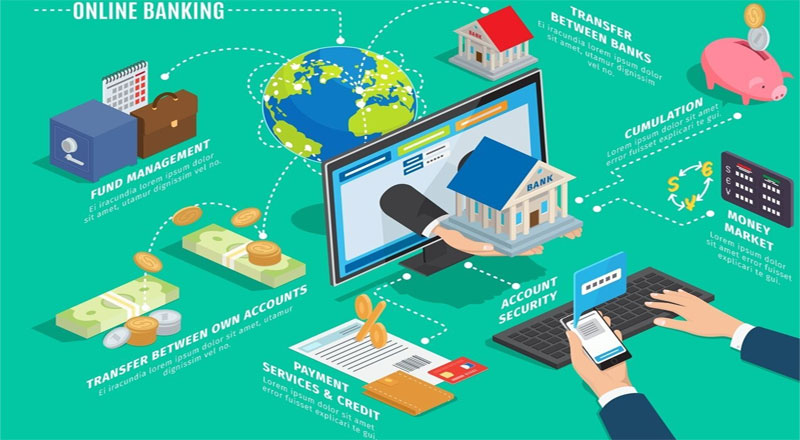India’s digital economy is expected to grow at a faster rate and as per the recent BCG Group and Google study in five years, India’s digital payment itself is going to become USD 500 billion industry. Recently Facebook-owned popular instant messaging app launched its payment services in India. It allows users to send and receive money to their contacts while chatting. It uses UPI, a payment infrastructure built by a coalition of large banks in the country, to send and receive money. This year we have seen many UPI related frauds and several banks have issued advisories alerting their users about the same. As more options for digital payments are introduced, and we can see more similar cases in the future.
The BharatNet program seeks to connect all villages in the country with optical fiber covering nearly 6,25,000 villages to improve telecommunications in India and reach the campaign goal of Digital India. With more users connected to the internet, the incidents related to frauds may see an uptick. The NCRB’s (National Crime Record Bureau) cybercrime data for 2019 shows that the motive behind most of the cases registered is fraud. The country has been digitizing its healthcare sector under the National Digital Health Mission The platform includes the following key features like health ID, Health Facility Registry (HFR), Personal Health Records (PHR), Electronic Medical Records, Digi-Doctor and it will also include e-pharmacy and telemedicine services. During the COVID-19 national emergency, the Ministry of Health and Family Welfare shared Telemedicine Practice Guidelines on March 25 2020 to enable Registered Medical Practitioners to Provide Healthcare Using Telemedicine.
This year we have already seen incidents where medical details of over 120 million Indian patients have been leaked and made freely available on the Internet. Recently Dr Reddy’s Laboratories also confirmed that a Cybersecurity breach was a ransomware attack. After a week of this incident, another Indian pharmaceutical company Lupin has confirmed an information security incident that has affected multiple internal systems. The above incidents indicate that the healthcare sector is expected to see a rise in attacks during 2021.
Thousands of Spotify users have been urged to check their security protection following a major cyberattack on the service. The music streaming platform and education platforms including Buju’s controlled WhiteHat Juniors are also reportedly being hit by a credential stuffing attack that could allow hackers to take over user accounts, disrupting playlists and profiles, with around 300 million Spotify accounts at risk. This is happening because of Digital adversaries like, in this digital era, by giving the free hand to all the companies comes with disruptive ideas like, general information like our phone number which is now linked with all of our banking, non-banking and social activities is very sensitive. Companies storing even non-PII data must consider the effect of such a data breach on not only their business but also on their users. With technology to clone sim cards and such emerging tech, leak of Phone Number, Email ID and Password can be disastrous especially for the uses who use similar passwords across various platforms. Companies must take very serious data security initiatives to protect such data, monitor how it is being handled and prevent their exploitation. With more and more data breaches being reported regularly, it is time enterprise understand the sensitivity of such user data and re-look at their approach for data security.”
Lockdown has made many businesses go digital and micro, small and medium enterprises (MSMEs) are no exception. The MSMEs have to ensure that this change has to be smooth.
We see ransomware actors like Maze, Cl0p, Nefilmi and Netwalker targeting different industries in India such as Financial Services, Oil drilling services, Pharmaceutical, Commodity and services providers, Automotive supplies, Footwear manufacturer, Professional & Consumer Services and Manufacturing & Industrials. We expect this tendency to be continued in 2021.
The amount and complexity of changes we have witnessed that have affected the cyberthreat environment could dictate many scenarios for what is to come ahead.
So beware and stay safe.





